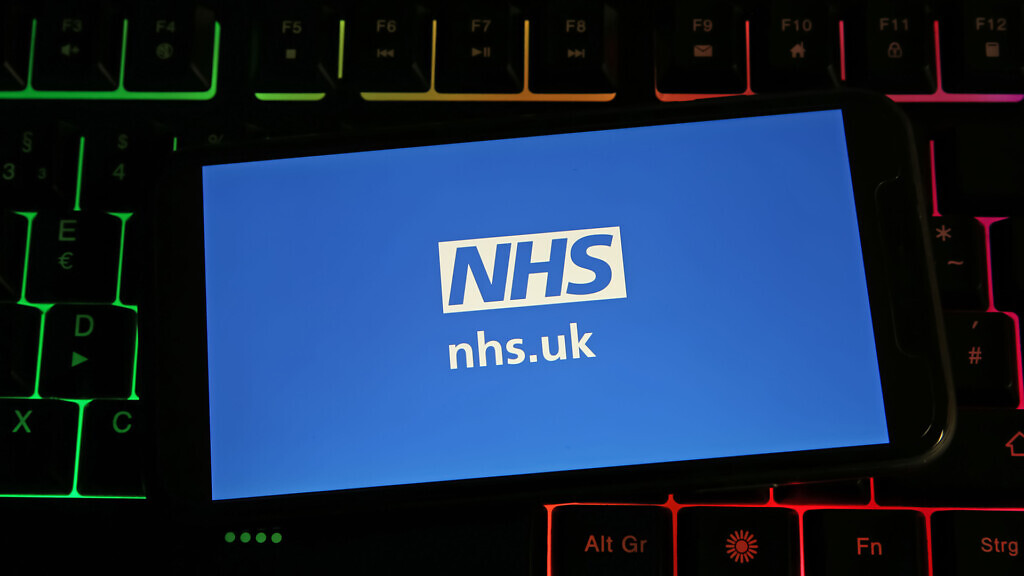Plans to launch a fully digital hospital model, NHS Online, by 2027, have been broadly welcomed by both the NHS and the private medical community.
In 2027, the NHS plans to change the delivery of healthcare in England with the launch of a fully digital hospital model, NHS Online.
Part of the government’s 10 Year Health Plan to shift the NHS from analogue to digital, this will allow patients to access specialist care, book scans, manage prescriptions, and receive clinical advice from home via the NHS App.
The idea is that patients referred by their GP will be able to book specialist appointments directly. If scans or procedures are needed, they can be scheduled at Community Diagnostic Centres closer to home. The idea is that this will offer greater convenience and faster access.
“This is a huge step forward for the NHS and will deliver millions more appointments by the end of the decade, offering a real alternative for patients and more control over their own care,” said NHS chief executive Sir Jim Mackey.
NHS Online is expected to deliver up to 8.5 million appointments and assessments in its first three years – four times more than an average NHS trust – while improving patient choice and reducing regional inequalities.
Doctors should benefit from greater flexibility, managing their time more effectively and by connecting patients with specialists nationwide, the thinking is that NHS Online will help eliminate postcode-based disparities in care.
“The NHS can, must and will move forward to match other sectors in offering digital services that make services as personalised, convenient, and flexible as possible for both staff and patients,” added Mackey.
Significant development
The news was broadly welcomed. Daniel Elkeles, chief executive of NHS Providers, was typical, calling it “a very significant development” in the way that patients receive care.
The world had changed during the Covid-19 pandemic, he said, and much had been learned about opportunities for new approaches using digital technology.
This was echoed in the private sector. Sokratis Papafloratos, founder and chief executive of private online pharmacy Numan, called the move “a hugely exciting new chapter for the health service” while Paul Schreier, chief executive of Simplyhealth, said it was “pivotal to improving access and meeting needs”.
The potential for improving waiting lists was highlighted. NHS Online could go some way to meeting demand for those patients on waiting lists for elective surgery, by improving the speed at which they are seen by a clinician and can access diagnostic scans as well as surgery, said Rory Deighton, acute and community care director at the NHS Confederation.

“It will also help free up those essential services for patients with more complex needs who will need their care to be provided in person throughout their treatment journey,” he added.
Jacob Lant, chief executive of National Voices, a coalition of health and care charities in England, pointed out that an online hospital would help people who don’t have easy access to specialist hospital care simply because of where they live in the country.
“The creation of an online hospital has the potential to fix this basic barrier, and by building on the wealth of patient feedback about the rollout of existing digital NHS services, there is a chance to build something genuinely transformational,” he said.
Mumtaz Patel, president of the Royal College of Physicians, agreed. “The ability to fit appointments and tests around people’s lives – including evenings and weekends – could make a real difference, particularly for people who work during the day, as well as older patients, those with caring commitments, and people who struggle to travel,” he said.
The balance between innovation and protection
But, as always, the devil is in the details.
“Obviously, we need to make sure that those who aren’t digitally enabled are not penalised in any way,” said Jeanette Dickson, chair of the Academy of Medical Royal Colleges.
It was a point picked up by Tom Dolphin, chair of BMA council.
“We’re also concerned about the people who risk being excluded from this digital service. Doctors know very well that many patients struggle to access digital services, including some older people and people with disabilities, those without access to smartphones or with poor internet, and patients for whom English is a second language,” he said.
On top of that, Becks Fisher, director of research and policy at the Nuffield Trust, said that questions remained about how the new service would be implemented. “Will doctors and nurses for this service be able to take on this work without it impacting on existing face-to-face work? And how will they pass patients who need care from digital to physical services?” she asked.
There are, of course, data privacy concerns. “We must make sure the foundations are secure. Public trust in how data is used remains fragile – with thousands of health sector data breaches reported in recent years and widespread concern about big tech handling personal information,” warned Andrew Whiteley, founder and managing director of British med-tech firm, Lexacom.
“For a digital NHS to succeed, patients need absolute confidence that their data is protected, and clinicians need to know they can rely on safe, compliant systems. That balance between innovation and protection will be crucial in making this transformation a success for everyone,” he continued.



